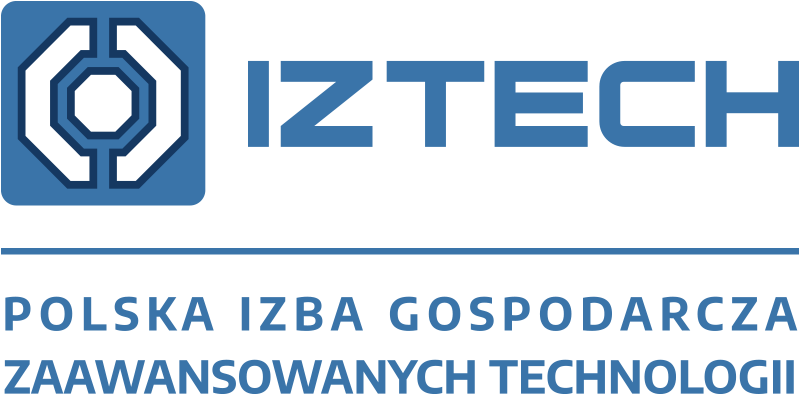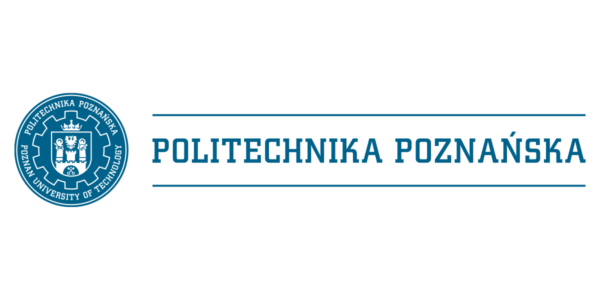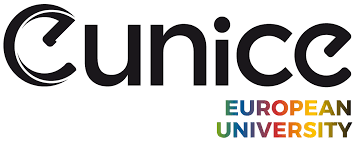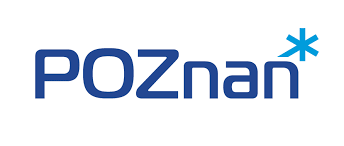
ORGANIZERS
The Polish Chamber of Commerce for High Technology (IZTECH) was established in 2008 as a non-profit organization associating scientific institutions, universities, high-tech companies and other business entities operating in various technological sectors. The Chamber’s mission is to integrate the environment, support high-tech initiatives, digital and energy transformation, develop international cooperation and promote Polish technological solutions in Europe and around the world. The main goal of the Chamber’s activities is to stimulate the development of knowledge-based entrepreneurship and comprehensive assistance to its Members in achieving commercial success of their innovative projects in the area of advanced technologies.
Our Members are listed as outstanding innovators, creators of patents and developments of new technologies that have an impact on the dynamic economic development of Poland. Our representatives sit on national and EU organizations, parliamentary committees, giving opinions on draft laws of economic importance. The Chamber organizes international and national forums for the exchange of experience of engineering staff.
A key undertaking is the Central European Technology Forum – CETEF, organised under the auspices of the European Commission and under the patronage of the European Parliament, in cooperation with technical universities and the high-tech industry since 2014.
The IZTECH Working Group for the EU Framework Programme for Research and Innovation Horizon Europe operates within the Chamber, the mission of which is to represent the voice of the Polish community in the field of EU research and innovation policy and EU Framework Programmes at the national and European forums and to initiate joint projects. The members of the Working Group are the authors of the Position Paper of the Polish Chamber of Commerce for High Technology (IZTECH) on the 10th Framework Programme.
Poznań University of Technology is one of the largest and most recognizable technical universities in Poland, with over 100 years of tradition in educating engineers and conducting scientific research. Its history dates back to 1919, and today the university has over 15,000 students enrolled in 9 faculties covering key areas of modern engineering, technology, and science. The academic staff consists of several thousand employees, including hundreds of experienced scientists and experts carrying out research projects in cooperation with industry and foreign partners. Poznań University of Technology has modern laboratory and research infrastructure, carries out dozens of international projects, and actively participates in mobility programs such as Erasmus+. Thanks to this, the university effectively combines a solid academic foundation with practical preparation of graduates for work in the dynamically changing world of technology and innovation.
EUNICE (European University for Customised Education) is a modern alliance of 10 universities from 7 European countries, created as part of the European Commission’s “European Universities” initiative. Its idea is to create a common European educational space where students can build individual educational paths by combining courses, projects, and mobility opportunities offered by various partner universities. The alliance develops joint study programs, short-term trips, online and hybrid courses, and research initiatives that respond to the challenges of the 21st century, from digital transformation and sustainable development to smart cities. EUNICE is not only an academic collaboration, but also a platform that integrates students, researchers, and the socio-economic environment, each year offering thousands of participants real access to international educational and research experiences.
The Polish Federation of Engineering Associations, operating as a community of Engineering Associations, represents the technical community, integrates Polish technicians and engineers, acts for the benefit of strengthening the role of the technical circles, which are, in turn, a significant contributor and co-originator of civilisation progress and sustainable development.
The Polish Federation of Engineering Associations is a voluntary federation of science and technology associations. Following the tradition of the Polish engineering associations dating back to the 19th century, established both in Poland and in exile for the purposes of supporting the patriotic aspirations of Poles and participation in laying the foundations of the economic prosperity of Poland upon its restoration and rebirth, the Federation currently operates for the benefit of continuous civilisation development of the Republic of Poland, simultaneously reinforcing the creative effort of Polish engineers and technicians.
Nowadays, the Polish Federation of Engineering Associations comprises of:
- 39 Federations of Engineering Associations (Member Associations) which bring together nearly 100,000 members
- 45 Local Branches of Federations of Engineering Associations, affiliating the branches federated within the structures of the Federation
- 35 Houses of Technicians, including two institutions built at the beginning of the 20th century with the funds originating from engineers’ contributions (The House of Technicians in Warsaw – 1905 and the House of Technicians in Kraków – 1906)
- its own publishing house specialising in science and technology press (SIGMA-NOT) that currently publishes 31 titles, including Przegląd Techniczny (Technical Review), which has been published since 1866.
Poznań is a city on the River Warta in west Poland, within the Greater Poland region. The city is an important cultural and business center and one of Poland’s most populous regions with many regional customs such as Saint John’s Fair (Jarmark Świętojański), traditional Saint Martin’s croissants and a local dialect. Among its most important heritage sites are the Renaissance Old Town, Town Hall and Poznań Cathedral.
Poznań is the fifth-largest city in Poland. As of 2023, the city’s population is 540,146, while the Poznań metropolitan area (Metropolia Poznań) comprising Poznań County and several other communities is inhabited by over 1.029 million people. It is one of four historical capitals of medieval Poland and the ancient capital of the Greater Poland region, currently the administrative capital of the province called Greater Poland Voivodeship.
Poznań is classified as a Gamma−global city by Globalization and World Cities Research Network. According to several rankings it is one of the most business-friendly cities in Poland. It also ranks highly in safety and healthcare quality. The city of Poznań has also, many times, won the prize awarded by “Superbrands” for a very high quality city brand.
- tel. + 48 22 651 73 87
- email. sekretariat@iztech.pl
- ul. Taborowa 22 02-699 Warszawa




